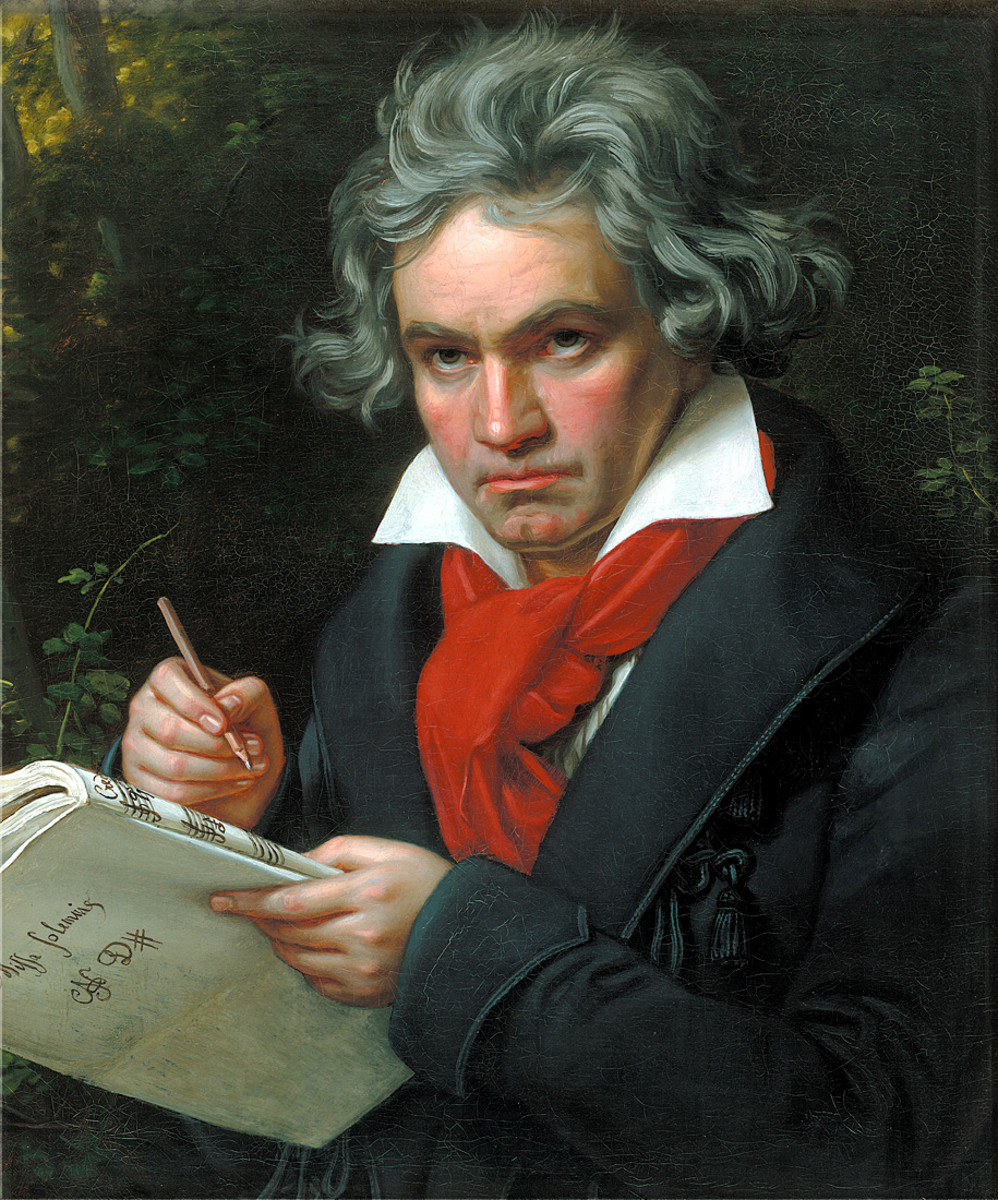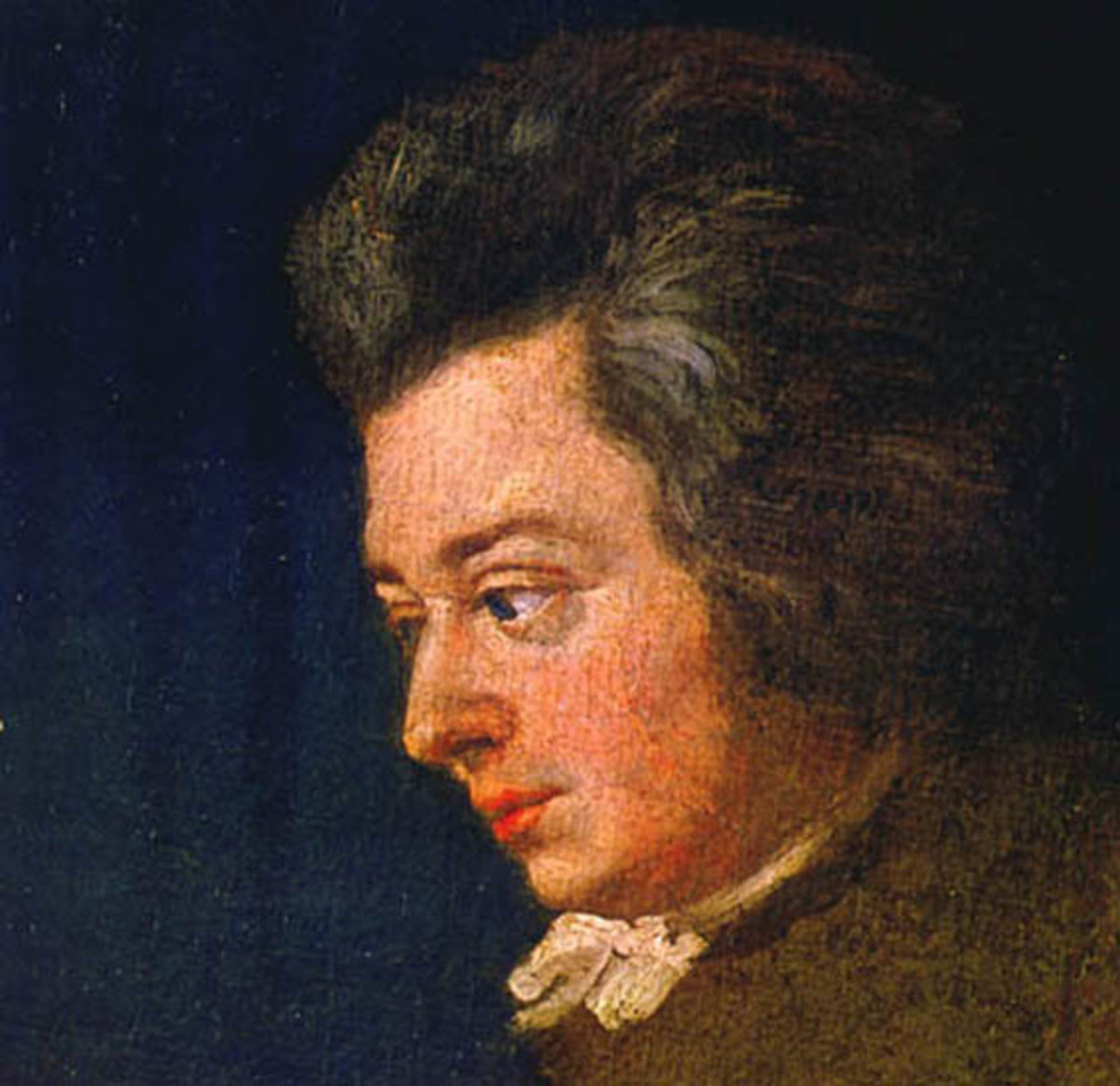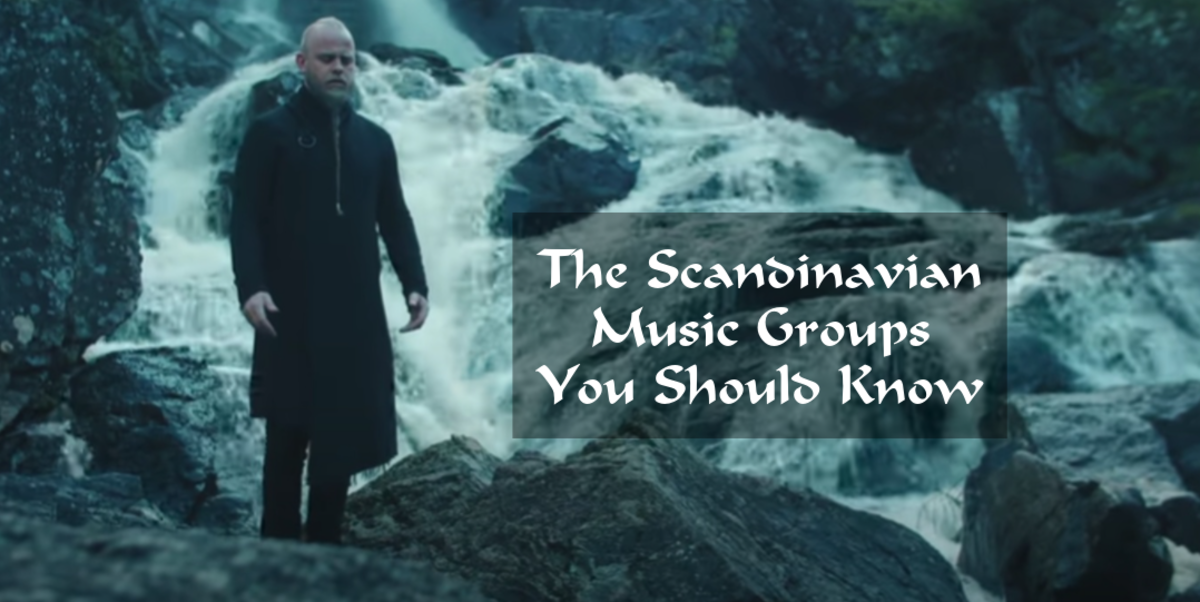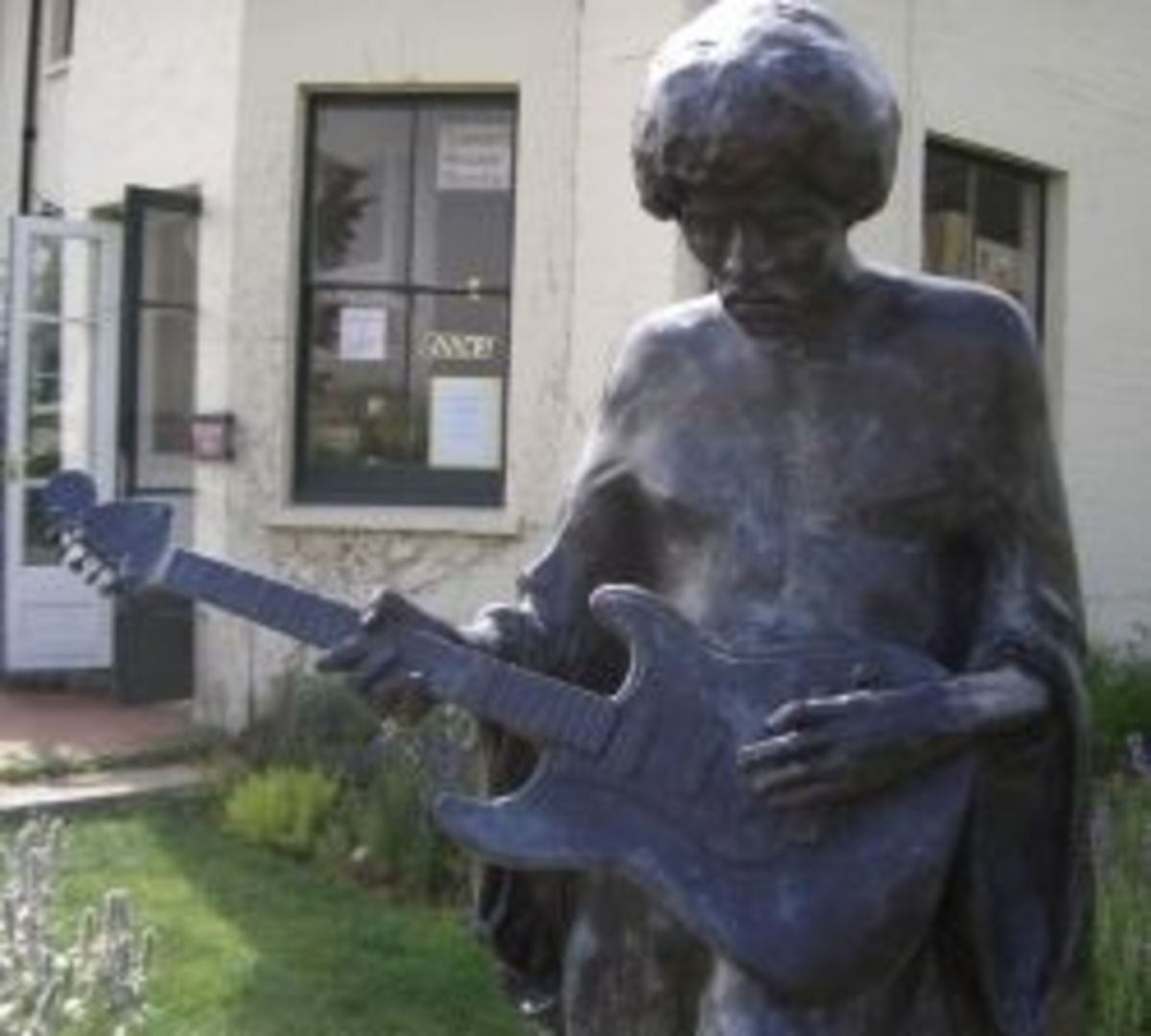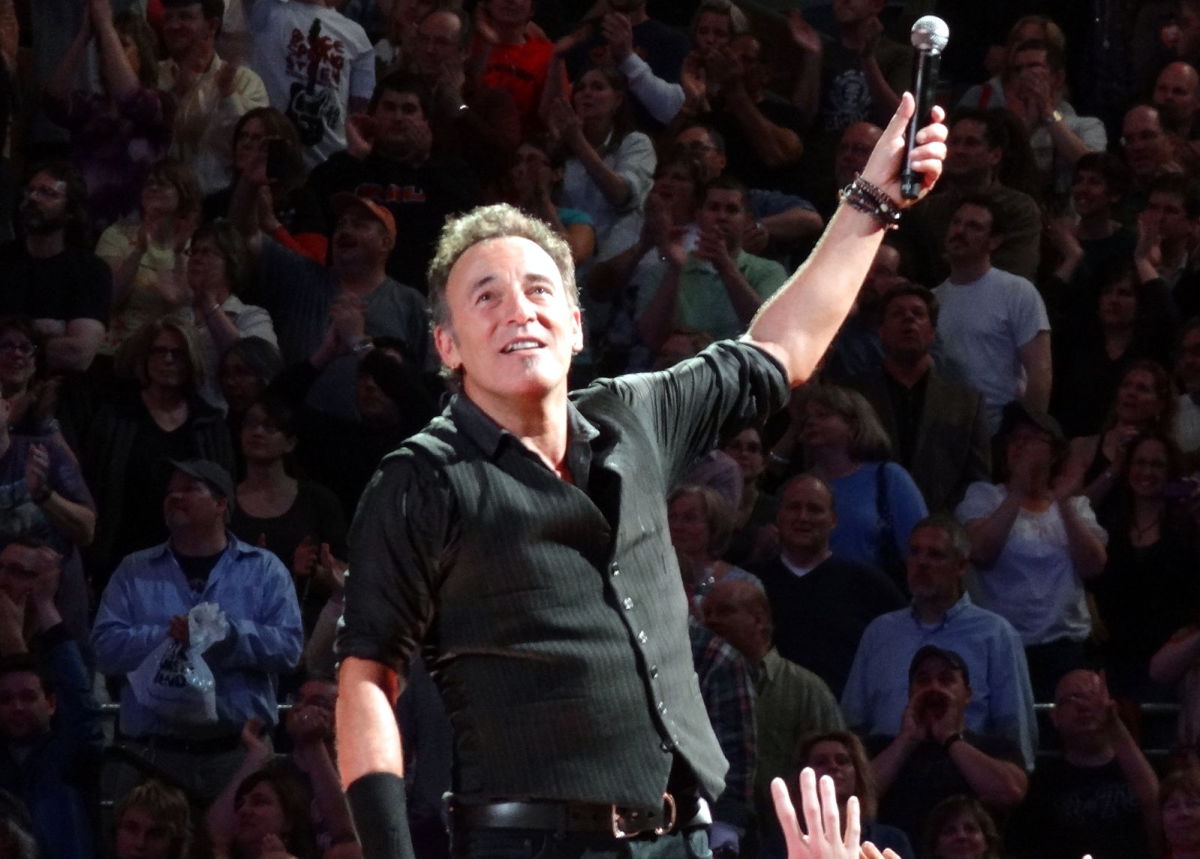Beethoven 1770-1827

A great man, a colossal musician
Beethoven took music into new dimensions, breaking rules but always with good reason. His influence today is still huge. He suffered greatly because of deafness, a cruel twist of fate for a musician to suffer.Against all odds achieving much during his fifty-three years.
The photo is mine.
Early days
Let's look at the life of Beethoven and then turn to look at his music Ludwig van Beethoven was the son of a tenor singer who worked for the Elector of Cologne,and his father was a drunkard, who did not treat Ludwig well. He would often drag him from his bed for music lessons. Despite this treatment Ludwig continued to love music
. At seven he was ready to appear in public as a pianist. A year or two later the composer Christian Gottlob Neefe took over his musical training and Beethoven progressed rapidly. At ten his Nine Variations for piano in C minor was published. No doubt he felt a great surge of pride at this event.
When he was seventeen he met Mozart. They were quite a contrast in appearance. Mozart was refined and debonair whereas Beethoven was clumsy with unruly hair and a surly face. Once Mozart heard him play he was impressed and expressed that people would soon take note of him.
His mother died that same year and his father sank lower into drunkenness. Ludwig went to his father's employer and demanded that he be given half of his father's wages so that he could look after his two younger brothers and sister. The employer agreed. In 1792 the father died. Ludwig supported his family for some time after this.
He made some good friends at this time, including Count Waldstein to whom Beethoven dedicated a piano sonata. In November 1792 Beethoven left Bonn to go to Vienna to study composition with Haydn. These were politically revolutionary times and Beethoven born of this time became a revolutionary composer.
At this time it was Beethoven's piano playing that impressed everyone and the nobility flocked to hear him. The future looked rosy. He composed freely and gave concerts in Vienna, Prague and other places
Deafness starts to become evident
It is in 1801 that we first here of Beethoven's lifelong battle with deafness. At this time he wrote to a friend about his problems. This is the cruellest fate that can befall a musician though many have not given up the fight against it. I think here of our own time and the xylophone player Evelyn Glennie.
Beethoven makes it clear in his letter that he had been having problems with his hearing for three years previous to this. It had made him withdrawn in company because he was afraid his problem would be discovered. He decided to "defy this fate." He decided to "seize fate by the throat" and his stubborn disposition came to his aid in this.
This meant the end of his career as a professional pianist and he turned to more and more composition. And so we see that Beethoven the pianist may have been acclaimed in his own time, but he would have meant nothing to us who would not have known much of his glorious music, because he would not have had the time to compose it, if his hearing had remained unimpaired.
An on-going problem
Many of us think of deafness as the absence of sound but most sufferers are plagued with buzzing and whistling, known as tinnitus. This was the case with Beethoven. In 1802 his doctor recommended a holiday in the country to rest his ears.
He went to Heiligenstadt. He enjoyed the country immensely, but there was no lasting improvement in his hearing. At this time he wrote the second symphony which was optimistic and sunny. It is not until his later works that we hear the expression of his gloom because of his deafness.
Fur Elise
So now let's turn to the music. First I am choosing Fur Elise because it is a great favourite of many young pianists. The first page is readily accessible to the young pianist at quite an early stage, particularly as the hands play alternately quite a lot of the time. It starts with the familiar rocking between E and D#. It is in the key of A minor.
After the first page there is a contrasting episode and this is the most difficult part to play, but soon comes relief and we are back to the familiar rocking passage. another contrasting section occurs with lots of repeated notes in the bass. This section leads on to swooping up the A minor arpeggio and then a chromatic fall in triplets leading deliciously into the original theme.
I heard this first when I was about twelve. I didn't know what it was called and felt I would never hear it again.(Little did I know) Then one day I heard the music teacher playing it and burst into tears because I had found my lovely piece of music again. It touched me so much.
It is a tune which seems to particularly impress the young. After years of teaching it and hearing it, not in it's best light, I still love it and often play it myself. There is however a tune of Beethoven's which I cannot bear and that is the Minuet in G. No doubt if Beethoven played it to me it would be a different story.
The romance in F
This is a piece for violin and orchestra. I am particularly fond of it because I used to play it at school but with piano accompaniment. It begins with a turn on the F. A turn is a little figure where you play in rapid succession the note you begin on, followed by the note above, the original note, the note below and the original note again.
There are some quite high passages in this piece which were very difficult for me to manage back then. I had a friend who used to call it traveling into uncharted territory.It is a beautiful piece and has a companion, the romance in G.
Now a few words on listening to classical music. I can remember finding it quite difficult to listen to a new piece. All I can say is give it a chance. If you are not used to classical music listen to a piece several times. You need to get used to this language that is foreign to you.
If you do this you will find it is very rewarding and worth the effort. I would liken it to reading Charles Dickens. I find him very difficult to get into, but once I have there is an enjoyable read ahead. Millions enjoy classical music, you can too, but give it a chance. You have nothing to lose.
A symphony
When it comes to listening to a symphony for full orchestra definitely the best way is to attend a concert. Music is not just an aural art it is visual too. To see a full orchestra with its gleaming brass section, twinkling woodwind section and the strings with the bows all moving in unison is an awesome sight as well as sound.
Then, of course you have the antics of the conductor. There is a great sense of occasion as hundreds of listeners congregate together to share the glorious sight and sound. A sound recording although good can never give you the experience that a live concert can.
Below you will see a video of a British comedienne conducting Beethoven's fifth symphony. She won the right by competing against other non conductors in a competition organised by the BBC. It was amazing to see rock stars and newscasters and actresses having a go at conducting and Sue Perkins truly deserved to win.
A British comedienne, Sue Perkins conducts
Final days, lasting legacy
Beethoven died 26th March 1827. He was fifty-three. His health had partly been broken by his struggles to gain custody of his brother's son. This battle lasted from the time the boy was nine until he was twenty when Beethoven finally gained custody.
Twenty thousand people attended Beethoven's funeral and he was laid to rest in Wahring Cemetery. Later , 1888 his remains were transferred to Zentral-friedhof in Vienna where he lies beside Schubert. The size of the funeral crowd attests to his acclaim in his lifetime. His output of music was tremendous, every piece a gem. There is much for you to explore in the works of Ludwig van Beethoven. I have but scratched the surface.
The Story of Beethoven told by John Suchet
One time news reader John Suchet is recognised as a leading authority on Beethoven and his masterpieces.


